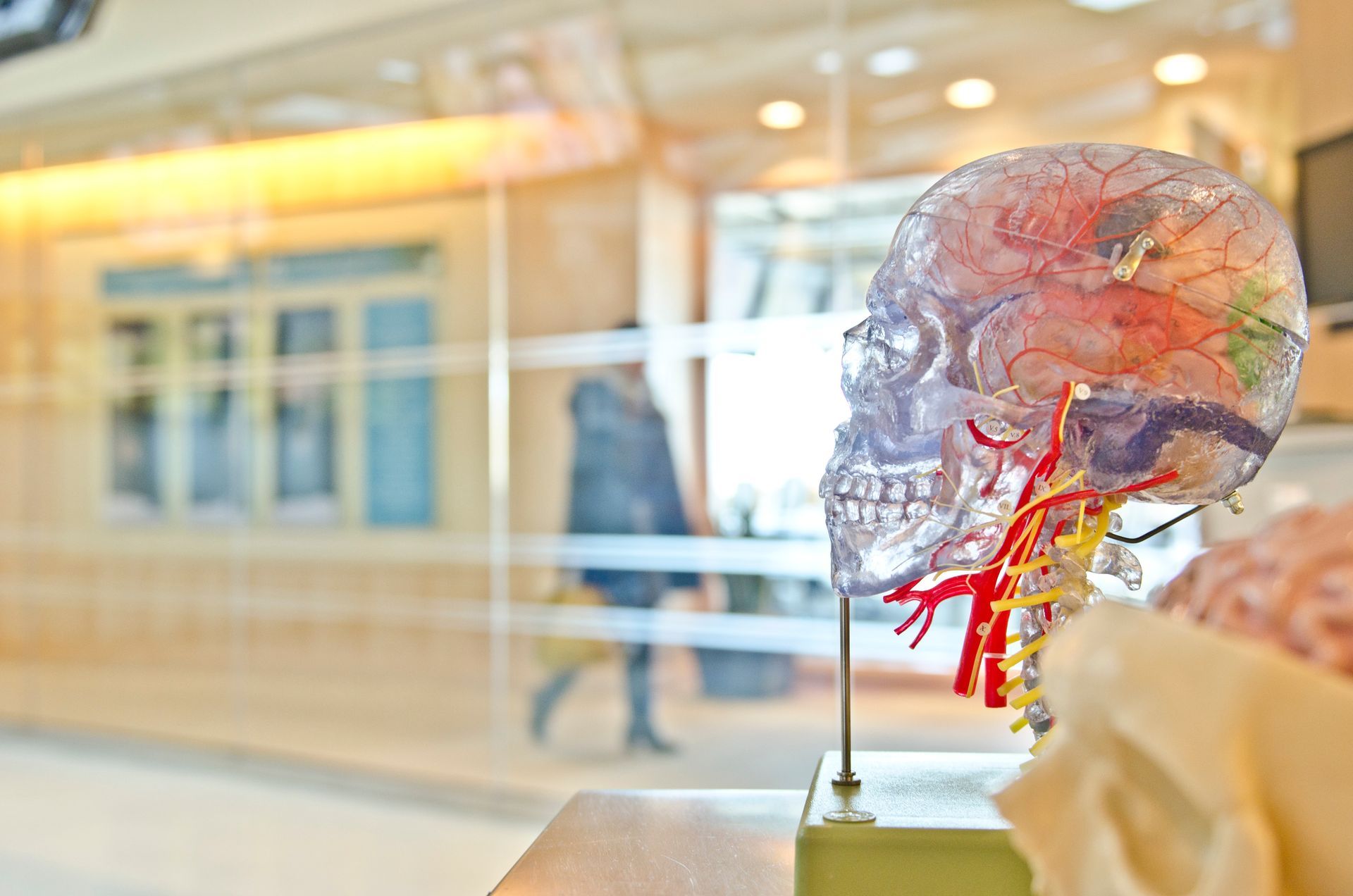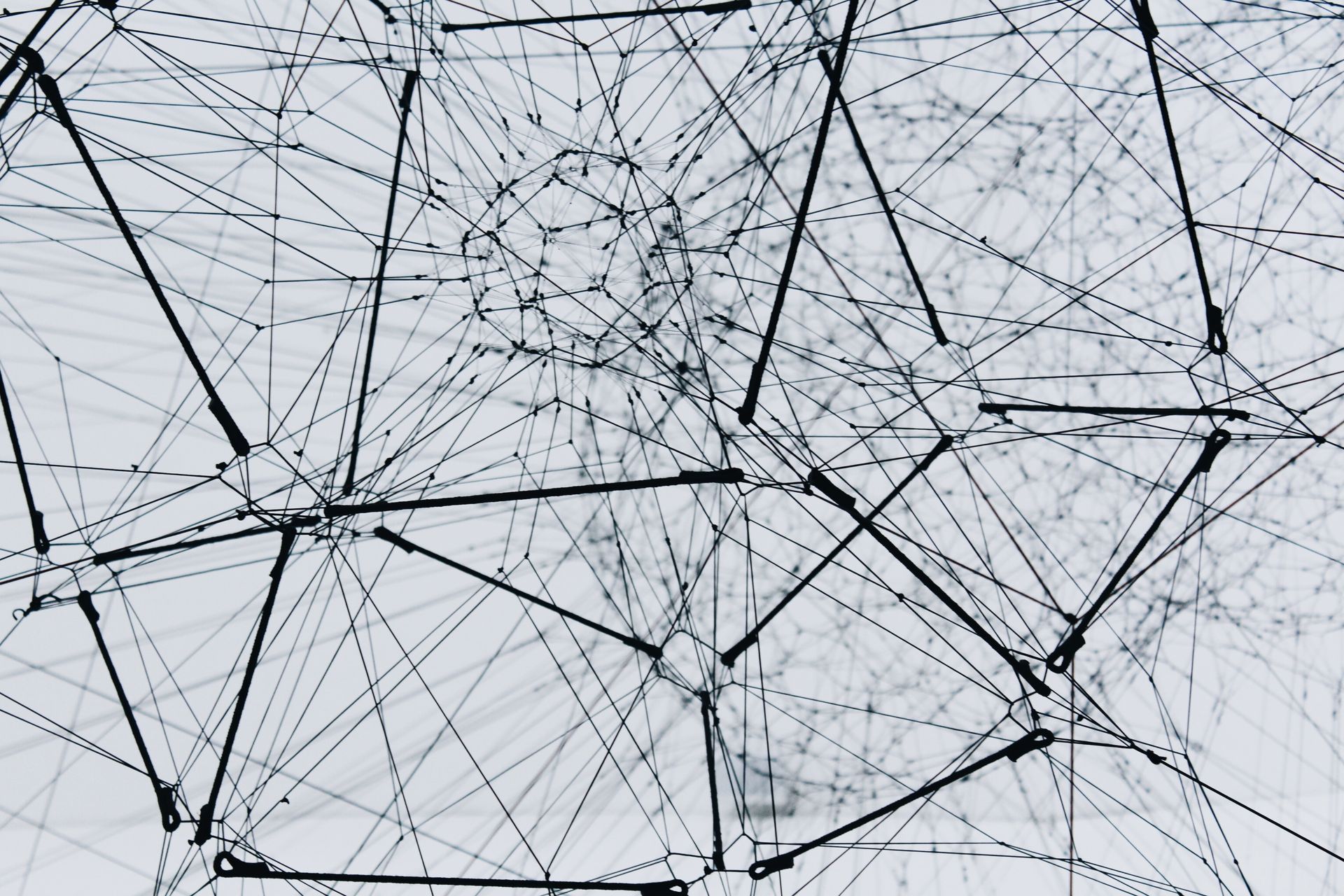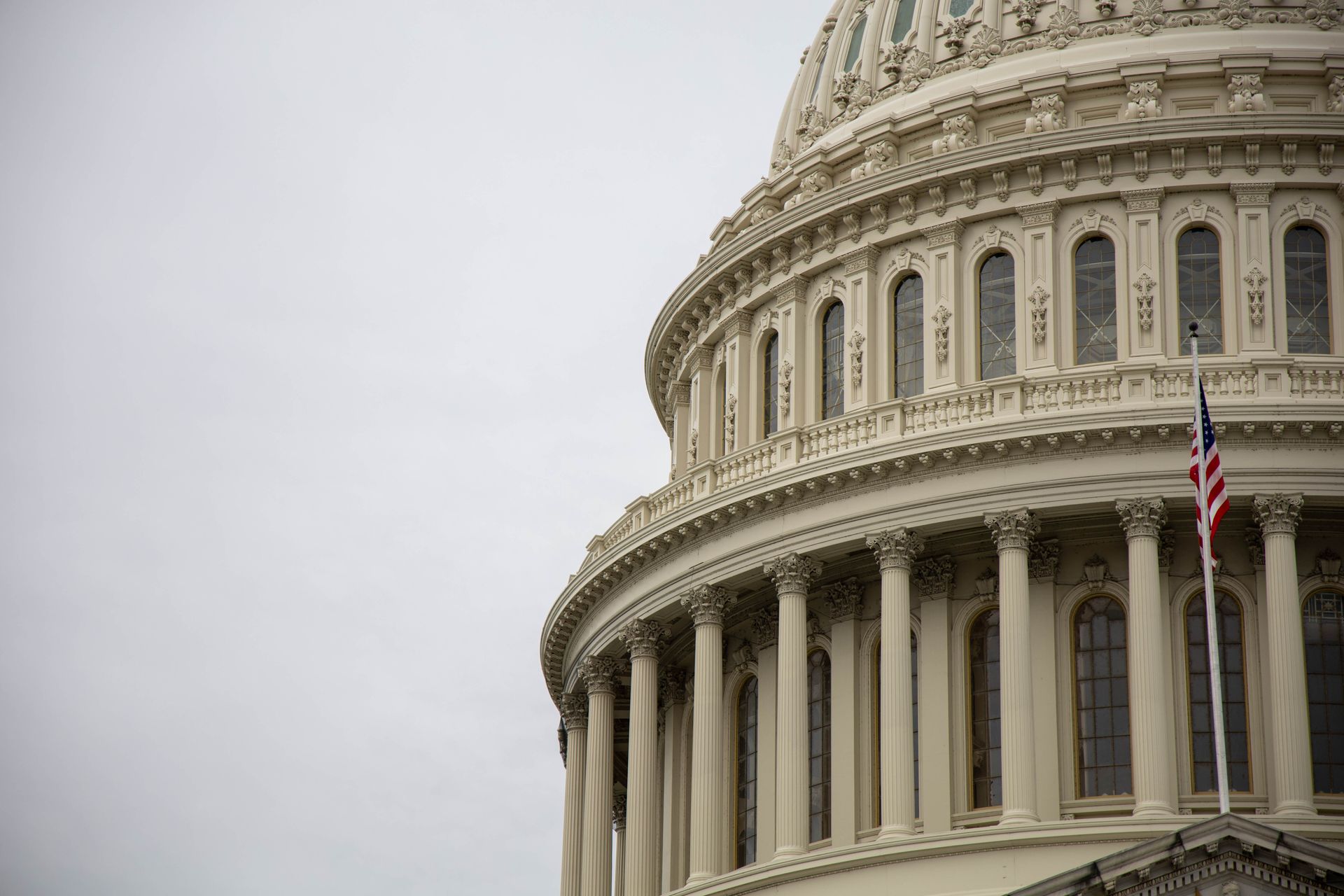Bullshit Baffles Brains
What leads to the spread of misinformation online.

Bullshit Baffles Brains
We all use social media everyday to keep our friends and family updated, zone out, watch videos or things we’re interested in. I’m very guilty of the reels/TikTok binge myself. However, I have noticed a shocking prevalence of wrong information getting huge amounts of views, likes, and shares. In my case its specifically psychological misinformation. Things like “psychology facts” are rarely facts and it usually doesn’t have much to do with psychology. This is what led me to investigate the bigger issue at hand. Why do these posts gain so much traction when they’re clearly bullshit? There's a few psychological explanations to why people believe misinformation online.
- The Dunning Kruger effect is simple to understand, comedian John Cleese to give the basics: “If you are really, really stupid, it’s impossible for you to know you are really, really stupid.” The original paper by Dunning and Kruger starts with the quote: “It is one of the essential features of incompetence that the person so inflicted is incapable of knowing that they are incompetent.” This also applies in reverse for intelligent people. They underestimate their intelligence because they know that they don’t know everything.
- Confirmation bias is easier to understand than the Dunning Kruger effect. We have a tendency to favor information that confirms what we already believe and at the same time disregard or ignore completely things that contradict our beliefs. Peter Watson in 1960 showed this tendency. This is also a factor in how stereotyping works.
- Authority bias has to do with authority (duh). This is when we attribute greater accuracy, credibility, or validity to information, opinions, actions etc. to authority figures or those with expertise in a field. In three words authority bias is “trusting the experts.” Notoriously Stanly Milgram’s 1963 experiment.
- Identity protective cognition, this is when individuals dismiss things that do not reflect the beliefs of their group. This is similar to group think where everyone thinks the same and gets locked into a way of thinking discouraging creativity or an individual’s responsibility, but identity protective cognition would be more in line with saving face within the group. Group think is how the group.
Assuming people are susceptible to the Dunning Kruger effect, ignorance believes content at face value without the ability discern bullshit. Then, if the bullshit confirms or agrees with what they already believe its accepted. Thirdly, if the bullshit comes from an “expert” or someone the person trusts (influencers come to mind) then it is further confirmed. Lastly, if the individual sees others not in the group chastised for not believing they will dismiss evidence that disproves the bullshit to protect their identity. The good news is that there’s evidence for this. Dan M. Kahan individuals revise their prior beliefs with new information. Weighing the new evidence against their beliefs. However, identity protective reasoning will have an individual adjust the weight they assign to new evidence using the confirmation bias as well as the expert bias to do it but only if the new evidence is endorsing the evidence on which the persons group also thinks. So as far as social media is concerned, content that is factually inaccurate or misleading will prevail if it comes from what looks like a credible source. Following that it will be accepted if it confirms people prior beliefs (horoscopes) if the persons group also believes the information with the lack of discernment being attributed to the inability to know the information is incorrect or misleading. Stereotypes, psychological information, investing, all fall prey to this.
In conclusion, take note of those principles and deliberate on new information. Don’t disregard information you find contradictory, be careful not to accept something just because it’s from a prominent figure or because it confirms what you want it to. Finally, watch out for just trying to fit in. the ability to sift through information especially on social media is more important now than it ever has been. Do your research, don’t be baffled by bullshit.
Jake O. founder and editor of Psycho-social.com, graduate of Oregon state university BA in psychology. Connect with him by email to pick his brain about social issues and psychological understandings of them.
Share down below & Subscribe to get updates!
Source
Kahan D. M. (2017). The expressive rationality of inaccurate perceptions. The Behavioral and brain sciences, 40, e6. https://doi.org/10.1017/S0140525X15002332










